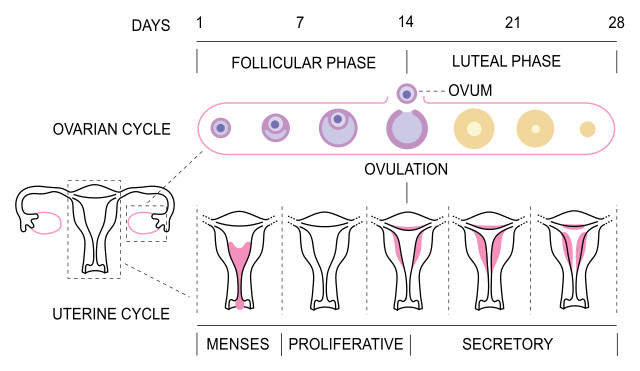Getting pregnant
How can you increase your chances of getting pregnant? A great place to start is understanding the reproductive basics - your menstrual cycle, your hormones, ovulation and how fertilization happens! Understanding when to have sex to increase your odds of conceiving and what to expect after ovulation including implantation. These are subjects that every woman should know.
The essentials

The menstrual cycle
The menstrual cycle is a woman's cycle that prepares the body each month for pregnancy. It is controlled by hormonal changes that affect the ovaries and uterus.
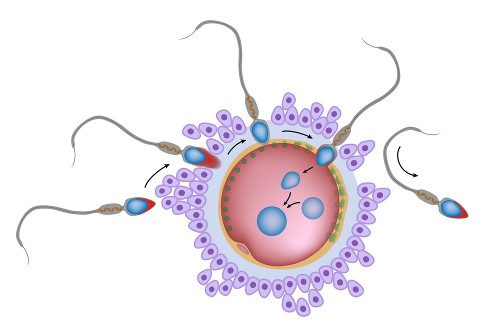
Fertilization
Fertilization occurs when the sperm penetrates the egg and creates the first cell that can then become a new life. Although it seems a simple process, many factors must be timed correctly for this amazing event to happen!
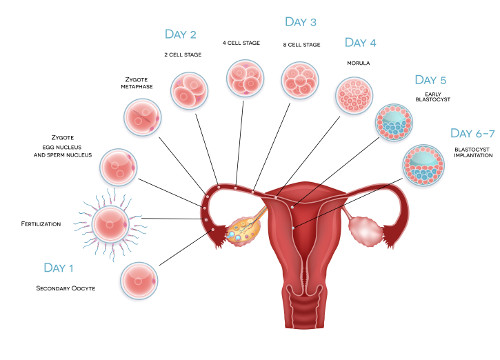
Implantation
The fertilized egg has divided and become a blastocyst, and has traveled from the fallopian tube to the uterus. Once in the uterus the blastocyst will burrow into the lining of the uterus in order to receive oxygen and nutrients from the mother, this process is called implantation.
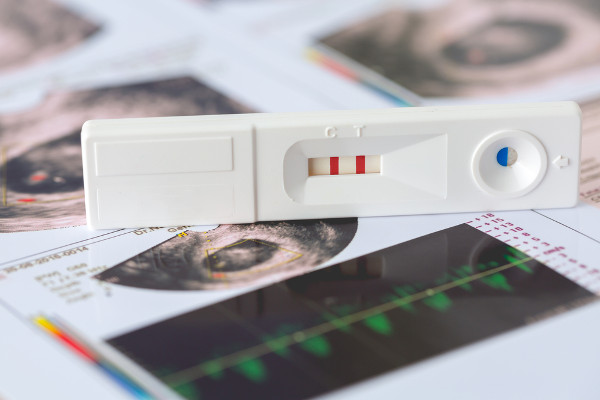
After implantation
Once implanted, the blastocyst will begin receiving nourishment directly from cells in the lining of the uterus and it will divide into 2 parts.
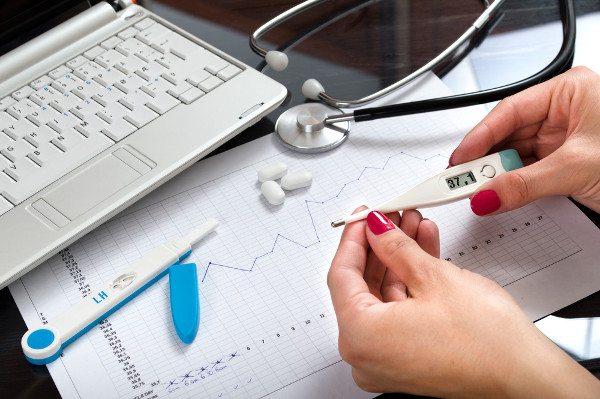
Pinpointing ovulation
If you are trying to get pregnant, knowing when you ovulate is key. Knowing this can significantly reduce the amount of time it takes to conceive.

Useful calculators
- Ovulation calculator
- Implantation calculator
- Intercourse timing calculator
- Pregnancy test calculator
- Probability of pregnancy calculator
Further reading
Implantation bleeding
What is it? When does it occur? How common is it?
Chemical pregnancy
A chemical pregnancy is a pregnancy that terminates soon after the egg and sperm join.
Clomid (Serophene)
Fertility in a pill - understanding Clomid and if it's right for you.
Evening primrose oil
Popular herbal supplements for female hormonal balance and fertility

